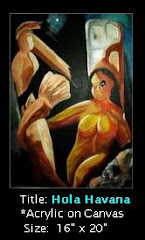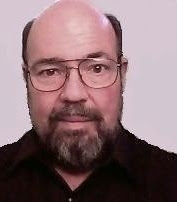The man in the saddle is angular and long-legged. His skin is sun-dyed brown. The gun in his holster is gray steel and rainbow mother-of-pearl, its handle unmarked. People call them both "the Six Shooter”
Just about every big Hollywood star, at one time or another during the decades of the 1930s through the 1950s, made a foray into radio.
In fact, for many, it was part and parcel of their studio contract. Radio was used by Hollywood to promote their movies, and the stars who played in them.
Jimmy Stewart, over the years was arguably one of the most beloved stars in Hollywood. In 1985, several years after retiring from the movies, he received an Honorary Oscar, and said, “This was the greatest award I received, to know that, after all these years, I haven't been forgotten."
The audience then proceeded to give him a 10-minute standing ovation. It was a remarkable moment.
Soft spoken, and reserved, you’d never guess that he held highest active military rank of any actor in history, and was a much decorated World War II hero.
During the war he served in the Army Air Corps and rose to the rank of colonel; after the War, he continued in the US Air Force Reserve and achieved the rank of (1-star) Brigadier General. During the war Steward earned the Air Medal, the Distinguished Flying Cross, the Croix de Guerre and 7 battle stars.
For much of his early career, Stewart played the nice-guy `everyman’ (although he occasionally played the bad guy, such as in After The Thin Man in 1936), but by 1950 he began to remake his image, often playing more cynical and craggier characters in westerns.
While he would score big with movies like Harvey (1950), No Highway In the Sky (1951), The Glenn Miller Story (1954), and Rear Window (1954) his `adult’ westerns of that period remain classics of the genre.
The Far Country (1954)
The Naked Spur (1953)
Bend of the River (1952)
Broken Arrow (1950)
Winchester '73 (1950)
It was during this time that Stewart made the classic radio series, The Six Shooter. It first aired on April 1st, 1954 . . . and in all, only 39 episodes were produced. But they remain among the best of the `adult’ westerns that radio presented.
Stewart played Britt Ponset, a cowboy who drifted around the west with his horse, Scar. Each week they’d find new adventures as they interacted with the people he’d meet in his travels.
The show used whimsy, and even outright comedy, at times. . . but could be as hard edged as carbon steel when it wanted to be. Stewart’s whispered narration became a bit of a trademark of the show.
While there are many who proclaim that Gunsmoke was the best radio western, or Have Gun, Will Travel . . . for my money, nothing beats The Six Shooter.
And had it started a few years earlier, when radio was in its heyday, perhaps we’d have more than 39 episodes by which to judge it.
The complete series can be downloaded from The Internet Archive either as a single zip file or as individual episodes.
Stewart would reprise the role of Britt Ponset in a General Electric Theatre TV episode called "The Town with a Past" in 1957.
And in 1957, John Payne would play the character in an episode of The Schlitz Playhouse of Stars. That ended up being a pilot episode for the TV show The Restless Gun, which ran for 78 episodes on NBC in 1957-1958.
While they recycled a number of the radio plots, they changed the main character’s name from Britt Ponset to Vint Bonner, once the series began.
The horse’s name remained Scar, however.







No comments:
Post a Comment